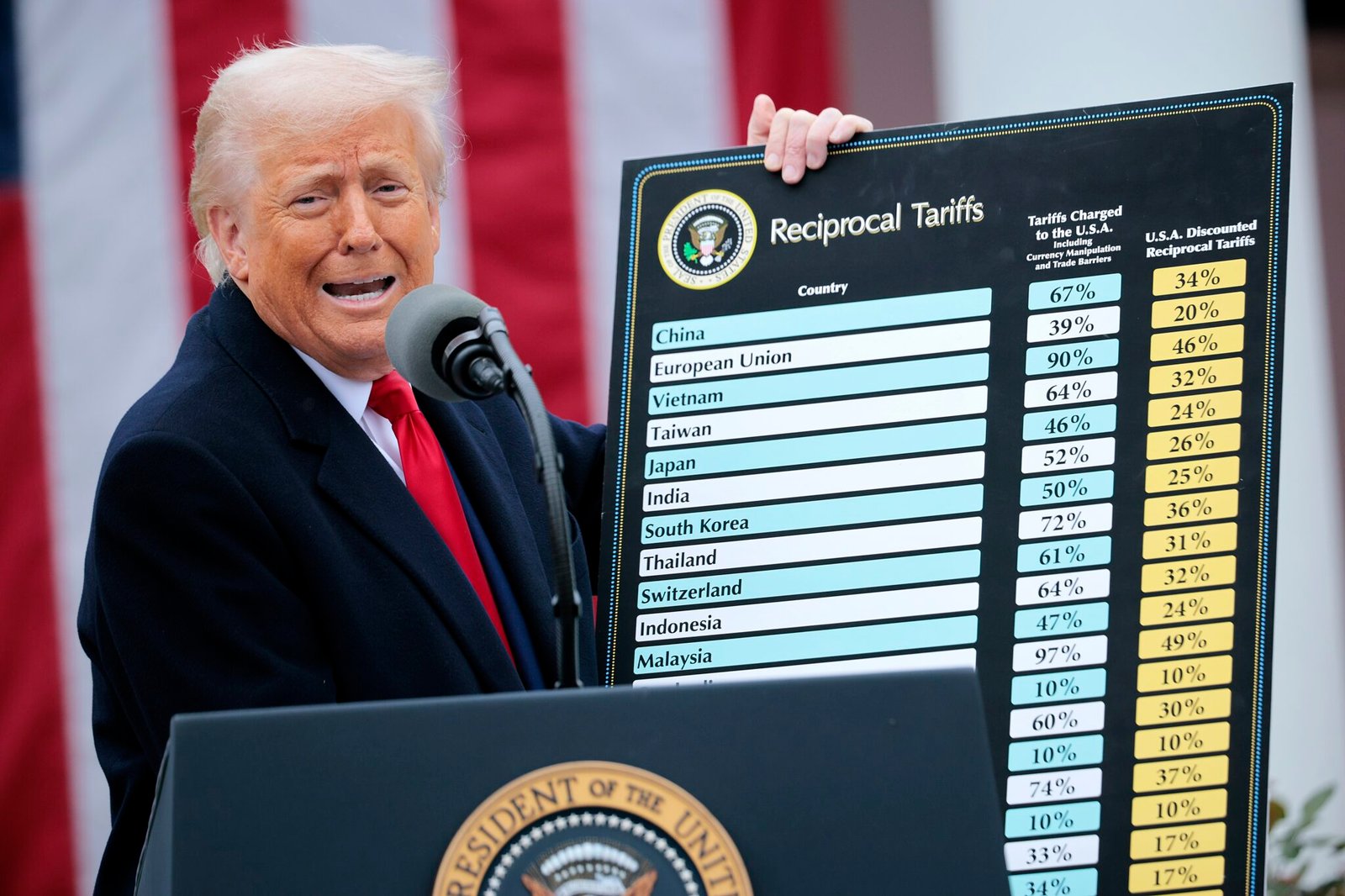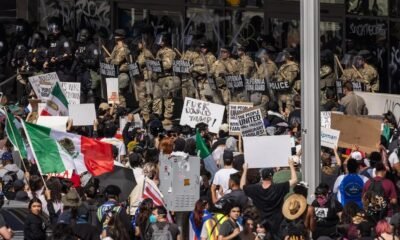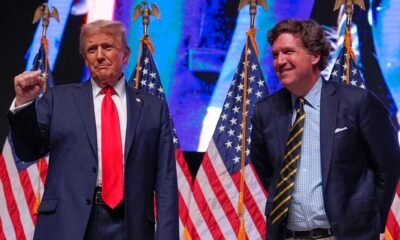Business
Appeals Court Upholds Trump’s ‘Liberation Day’ Tariffs Amid Ongoing Legal Battle

WASHINGTON — The U.S. Appeals Court for the Federal Circuit has upheld President Donald Trump’s global tariffs while legal challenges continue, marking a significant moment in international trade law. The decision comes after a lower trade court blocked most of these unprecedented emergency tariffs, which impact commerce with nearly every nation.
On Thursday, the Appeals Court swiftly granted a stay, providing a crucial victory for the Trump administration. The administration had been quick to respond to the initial ruling, threatening to escalate the matter to the Supreme Court if immediate relief was not granted.
White House press secretary Karoline Leavitt criticized the previous decision, accusing the three-judge panel of overstepping its authority. “Our trade agenda is moving forward, and we expect to win this case in court,” she stated during a daily press briefing, underscoring ongoing negotiations with various countries.
Canada’s Prime Minister Mark Carney reacted to the ruling via social media, asserting that the U.S. tariffs on Canadian goods are “unlawful and unjustified.” His remarks reflect ongoing tensions in trade relationships exacerbated by Trump’s tariff policies.
The U.S. Court of International Trade had previously sided with a coalition of businesses and several states. These entities, led by Democratic attorneys general from states including Arizona and Oregon, argued that the use of emergency powers to impose such tariffs was unwarranted.
The court’s ruling did not affect tariffs previously established under national security concerns, such as those on steel and aluminum imports. Trump’s administration had initiated these tariffs earlier in the year, citing national emergency declarations related to fentanyl smuggling.
April 2 marked a pivotal escalation in Trump’s trade policy, as he announced sweeping tariffs and declared a national emergency under the 1977 International Emergency Economic Powers Act. The subsequent drive to impose tariffs on multiple countries led to significant reactions in global markets.
Judges at the lower court concluded that merely having trade deficits does not justify declaring a national emergency, emphasizing Congress’s authority over tariff powers. This interpretation challenges the Trump administration’s assertion of broad presidential authority under the IEEPA.
As the administration seeks to mitigate potential economic and national security repercussions, it maintains that the legal authority for tariffs rests firmly within the president’s grasp. This complex legal dispute continues to unfold, reflecting broader concerns over international trade relations.


















